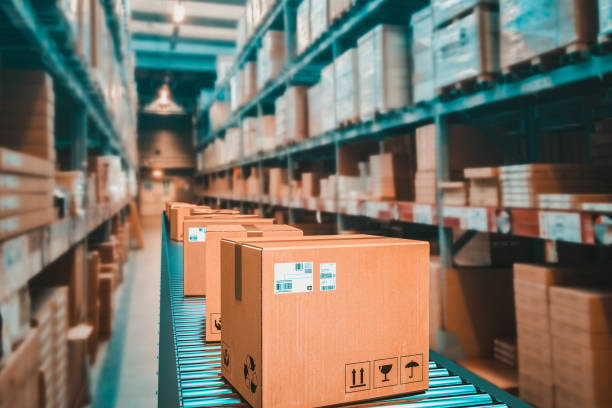
About GWT Worldwide: About GWT Worldwide: Shenzhen Guanwutong International Freight Forwarding Co.,Ltd. (GWT Worldwide) focuses on offering logistics solutions for global trade, supply chains and international e-commerce. GWT Worldwide, thanks to its expertise in several modes and services, uses advanced tools and supports from international partners to help businesses get reliable and economical logistics in many parts of the world.
Understanding Customs Delays and Package Processing
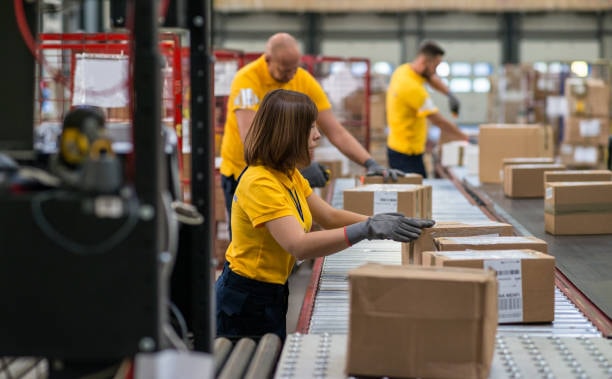
If your parcel is delayed by customs, it goes through a process meant to help maintain national borders while at the same time ensure legal commerce. Each day, customs officers worldwide review a large number of packages, searching for banned goods, checking the documentation and making sure all dues are paid properly. Even though it is necessary, this customs review process may cause significant delays that upset everyone involved.
When a package goes through customs, it may encounter hold-ups at any of the checkpoints along the way. Packages are first checked through initial screening to see if details on it line up with those on the shipping documents. After that, some shipments are removed for physical examination because of their risk factors which are their country of origin, the value listed on the documents and the contents inside the package. All calculations and payments must be done before the shipment is released.
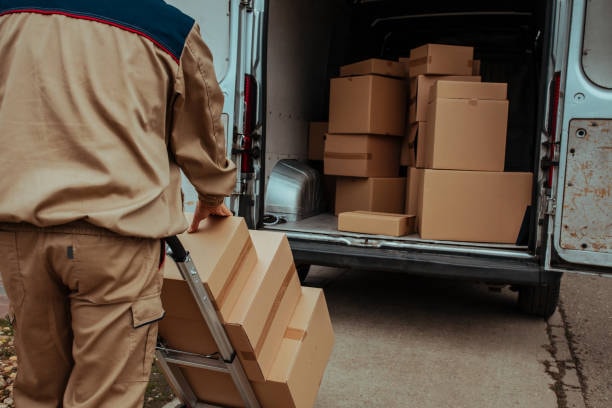
These steps are important because they explain why parcels do not always move from customs quickly. All stages of logistics should be closely watched by people, as factors such as how busy employees are or the changes in seasonal shipping can influence them. In particular, some packages should be reviewed more than once before they receive clearance.
Common Reasons Why Packages Get Stuck in Customs
Incomplete or wrong documents cause most problems for customs clearance. When the information on commercial invoices is insufficient due to missing documentation , customs officers need to research further before they can handle the packages. The processing time is increased by this method and the sender may need to be contacted for further information.
Customs are likely to keep packages in storage for a long time because they contain prohibited or restricted items. A lot of nations have made lists of items that are not allowed to cross their borders which include some types of electronics, food items, drugs and things seen as security risks. Legal objects in your country of origin may not be legal in your next country and these items could either be confiscated or returned.
Any package valued at a certain level gets extra attention from customs officials. When the value of a package crosses the set limits, it requires closer evaluation to make sure the customs duties are right. Although this attention secures government funds, it can make the process last much longer.
Documentation Requirements for International Shipping
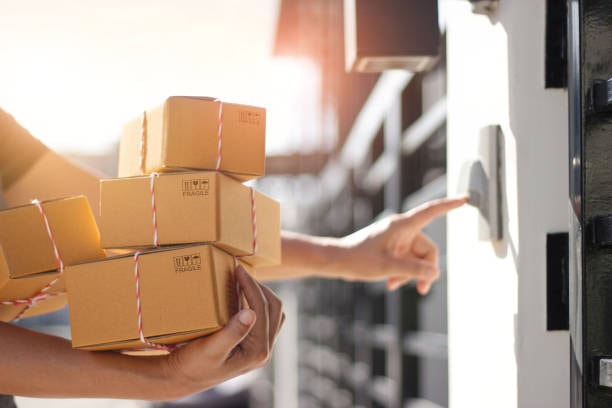
Good documentation is essential for an easy customs process. In every commercial invoice, the description of products, the amounts, each product’s worth and the tariff classification should be clear and accurate. Customs delays mostly happen when the invoice is not fully completed and the item is held for weeks.
A certificate of origin proves that the goods were produced somewhere and could allow them to get preferential fees in several trade deals. Not having proper origin certification can lead to your packages getting assessed with higher duties or going through more thorough reviews that delay the whole process.
Sometimes, you will need to get licenses and permits for electronics, textiles, chemicals and food products. It is important for shippers to learn about the country’s requirements and obtain the required permits, so goods are not held at customs or taken from them.
How Long Can Packages Stay in Customs’

Usually, packages that pass the first screening are processed in 1-5 business days. Packages that are picked for further inspection or more documents might need to stay in customs for 2-4 weeks or even longer due to factors like how many staff are working and what the season’s volume is.
Any package or item considered high risk or against the law can be kept under investigation until the reason is found. Some packages end up spending months at customs as the government checks the documentation, does various testing or waits for replies from regulatory bodies concerning particular items.
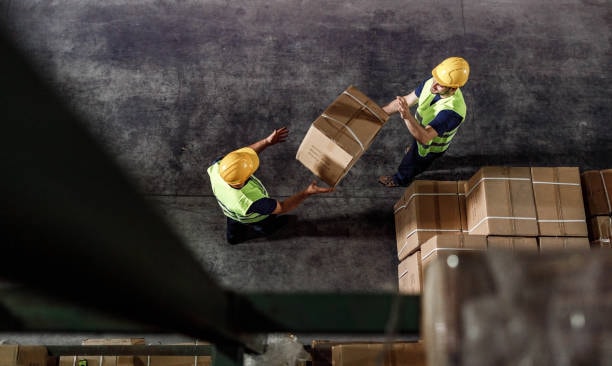
During busy holiday periods and during the time when many packages are shipped, it may take customs much longer to process goods. During these times, when customs facilities may not have enough people, more packages lead to lengthier waits, even for usual shipments that normally pass fast.
Step-by-Step Guide to Track Your Package in Customs
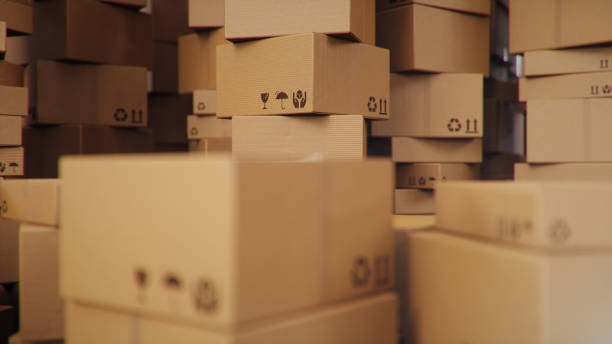
Go to the postal service or courier company website to watch your package using the tracking number. They give live information on package whereabouts and their status such as when they are processed in customs and what steps are necessary to release them.
If your package has remained in customs for a longer period of time than normal, call the customs office of the relevant country to enquire about your package. Customs offices usually set up customer service offices where you can get reliable information about your package and any remaining requirements.

Make use of outside services that gather info from a number of sources to show the latest package updates. Usually, these services have a lot more details than carriers’ websites and can let you know if there’s an issue that calls for quick action.
What to Do When Your Package Is Held by Customs
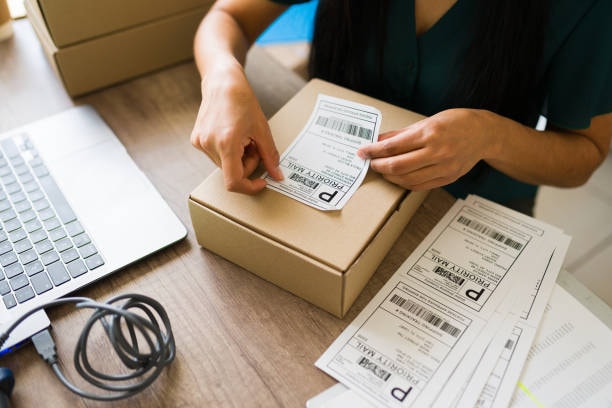
Collect all documents needed for shipping, including the commercial invoice, packing lists and receipts and read the correspondence from the company. Being able to provide all necessary documents quickly solves most customs challenges and ensures compliance with rules of importation.
Get in touch with the customs broker or the shipping company immediately after finding out your package was held by customs. Because these experts communicate with customs officials, they usually manage customs problems more efficiently than individuals not familiar with the way things work.
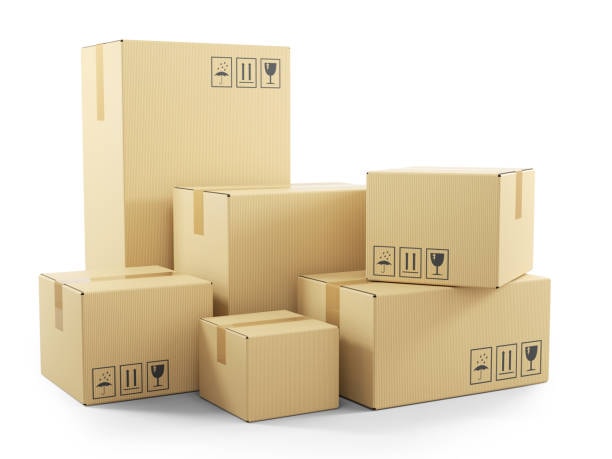
Be quick to send any extra information or paperwork needed by customs. Late delivery of needed materials may keep goods at the port for a very long time and could lead to storing them in specialized facilities or having them returned overseas.
Customs Fees and Duties Explained
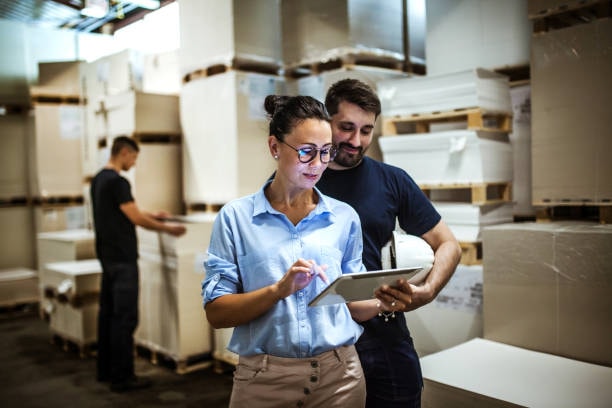
To determine import duties, people refer to the type of goods, their origin and the declared value of the cargo that is being shipped. Depending on the type of product, some products arrive duty-free, while certain products are charged at high rates that have to be cleared before they can be released.
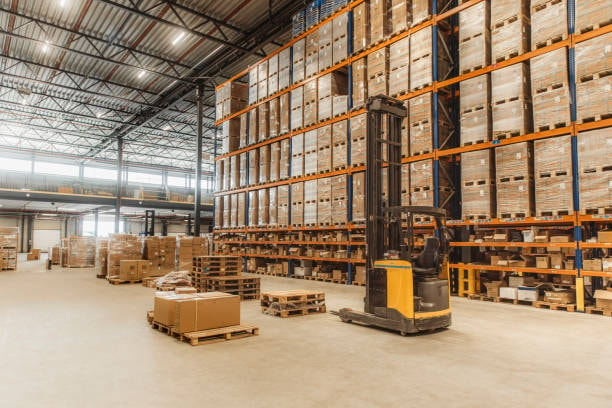
In addition to paying customs duty, goods imported may be taxed with value-added taxes (VAT) or sales taxes. The total of the package’s cost and shipping costs, along with any duties, is usually used to calculate these taxes, so taxing high-value packages can be pricey.
Customs processing fees are added by customs officials to ensure that packages get inspected and permitted to enter the country. Even though these fees are generally not too high, you still have to cover them no matter what other duties are applied.
Different Types of Customs Inspections
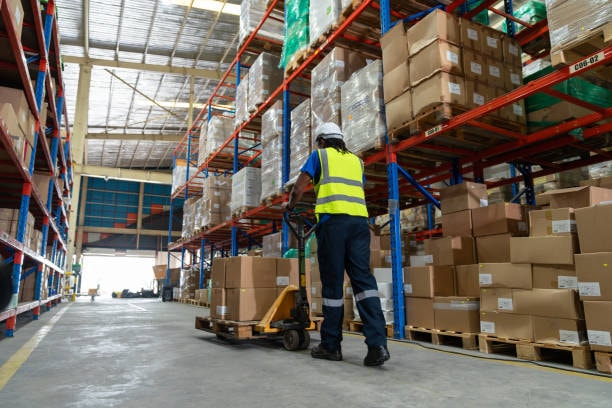
In an inspection, officers open sealed containers to make sure the contents inside are what was declared. Sometimes, these inspections are done at random and sometimes it’s when there are risks suggesting that their rules might not be being followed. Physical checks usually cause the shipping to take a few more days to finish the required inspections.
Customs authorities use X-ray screening to examine what is in each package without opening it. Because it is non-intrusive, this method takes less time than manual checks, although possible unusual items seen by machine may require employees to examine them manually.
Reviewing documents in shipping means ensuring the details are right and all documents are present, but inspection of goods is not part of this process. Such reviews may discover errors that need fixing before the package is allowed to be shipped out and might mean asking shippers to provide additional details or information.
Country-Specific Customs Regulations
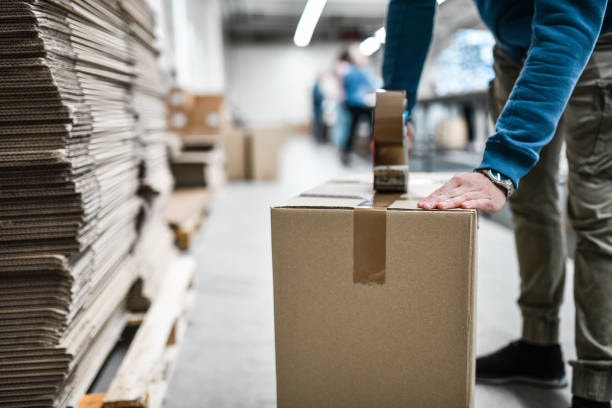
Customs regulations in the United States are managed by U.S. Customs and Border Protection which strictly carries out rules for importing and duty collection. Perfect screening includes careful checks on agricultural products, electronics and packages coming from certain countries.
The EU has common customs procedures, but each nation may introduce its own set of extra rules. Even though it applies the same external tariffs to all, the EU makes special agreements with many countries to lower duties for some goods.
Sophisticated inspection systems are used in Asian countries, for example, in China, Japan and Singapore, by mixing technology with traditional checks. Packages usually move faster through these countries, though they still strictly enforce what is forbidden to carry.
How to Prevent Packages from Getting Stuck
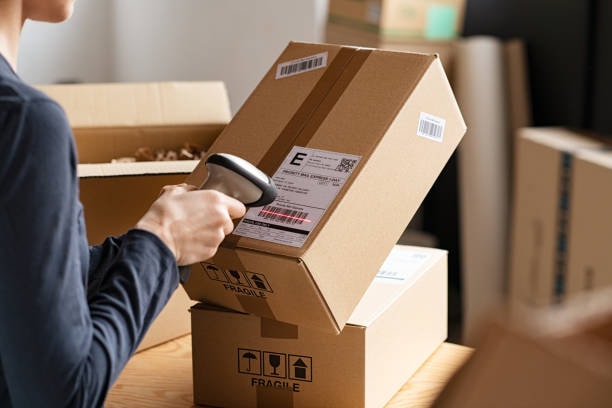
A correctly outlined product on the shipping documents usually avoids most customs hold-ups. Descriptions should give enough details to customs officers, so they know what is being imported and do not need to ask for extra information from anyone.
Properly declaring values helps packages be assessed dutifully, without increasing any concern about their value. State the correct value to save shippers and recipients from possible fees and ensure a fast customs process.
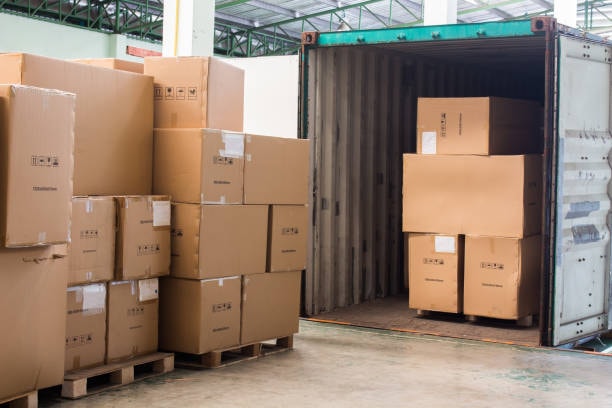
When the sender and recipient information contains correct addresses, phone numbers and identification details, it is easy for customs to reach both sides if queries come up. Lacking details on the delivery address can stop a package from reaching the recipient for an extended period.
Working with Customs Brokers and Agents
Such professionals have knowledge of all the necessary import rules and cooperation agreements with customs officers. As compared to individual shippers or receivers trying to deal with issues, these professionals have the skills to overcome complicated clearance procedures.
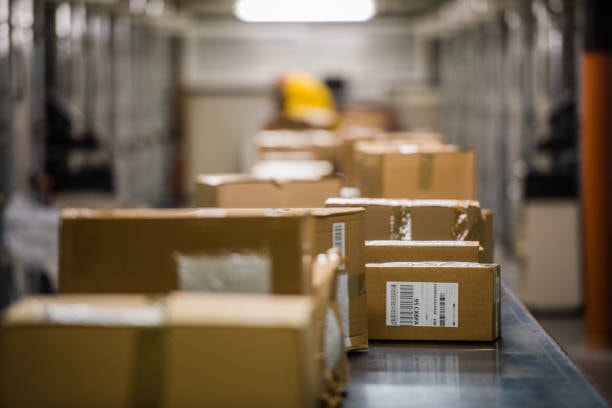
On behalf of their clients, customs brokers look after documentation, duty payments and make sure the company follows all rules and regulations. Business that ship supplies frequently and individuals with goods that are priceless will find this service particularly useful.
Customs broker services normally cost less than what people could lose from facing problems and delays on their own when dealing with customs. Customs brokerage is part of the broad range of services offered by a number of shipping companies.
Electronic Systems and Customs Processing
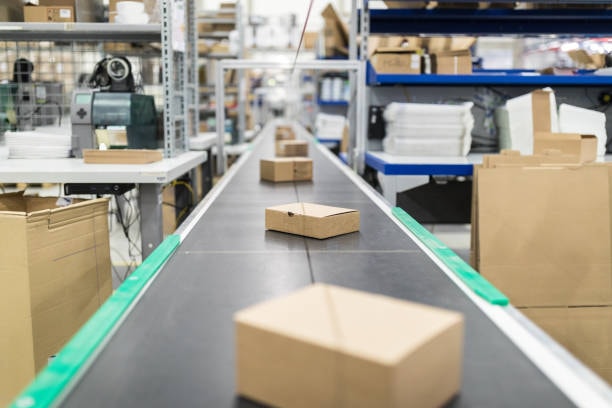
As soon as electronics documentation arrives, shippers can use EDI systems to pass customs documents online before products are ready to be unloaded. By submitting documents in advance, customs teams may start processing long before the objects are delivered which might shorten the clearance time.
These systems judge packages according to aspects such as the place they were mailed from, their contents, their value and the sender’s previous packages. Items that are labeled low-risk are usually processed faster, but those marked high-risk are further examined.
Customers can monitor their goods’ progress on a real-time basis, thanks to these tracking tools. These systems make everything clearer and let shippers and recipients follow the process and address any issues along the way.
Special Considerations for E-commerce Shipments
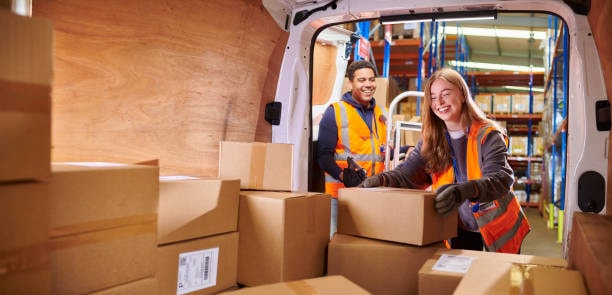
Many international e-commerce packets are handled with easier customs processes to help boost online global trade. A number of countries have set a low threshold for packages, allowing them to get processed faster and with less paperwork below the required standard.
E-commerce platforms can use marketplace facilitator programs to arrange customs clearance of acceptable packages before the packages are sent out which leads to much faster clearance times. As a result, these programs ask companies to have detailed product records and abide by the policies of the countries where their goods are delivered.
Shipping packages directly from the manufacturers to consumers can be a bureaucratic challenge because of custom rules. Special attention must be given to the details of the forms to ensure customs workers receive all the accurate information about the people taking part in the transaction.
Seasonal Variations in Customs Processing

During holiday seasons, many packages are sent and this makes it hard for customs to handle them all promptly. Extra crowds at Black Friday, Christmas and Chinese New Year make it difficult for customs staff to process everything within the usual timings.
Seasonal shopping times like back-to-school cause customs to handle more shipments and can increase their processing time temporarily. Shippers ought to add more time for customs procedures when these two holidays are at their busiest.
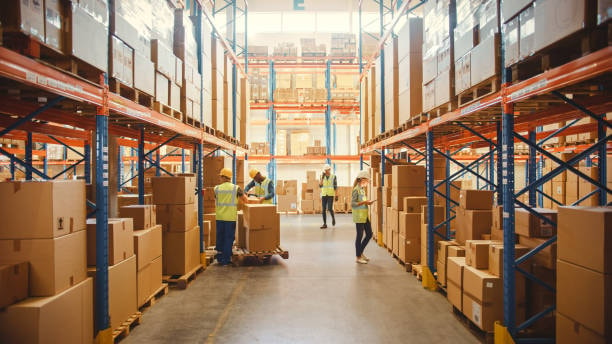
When weather causes problems, it might affect customs processing due to issues with getting shipments moving and running normal activities at facilities. It is possible that after severe weather, customs offices will be closed for a while or continue to be busy for several weeks once they start working again.
Impact of Trade Agreements on Customs Clearance
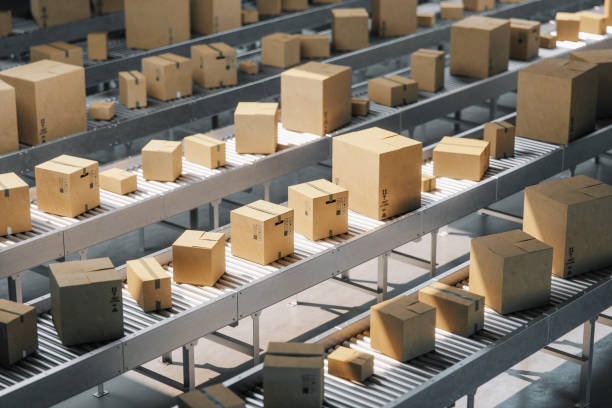
Many countries agree in free trade deals to streamline customs procedures and lower the amount of necessary paperwork. Generally, goods transported via trade agreements are processed by customs faster than those sent from countries that aren’t involved in those agreements.
The use of preferential duty rates under different trade agreements can both lower import costs and keep the usual time for customs clearance. But, most of the time, you need to provide further proof of these preferences and they must all be carefully prepared so not to delay your trip.
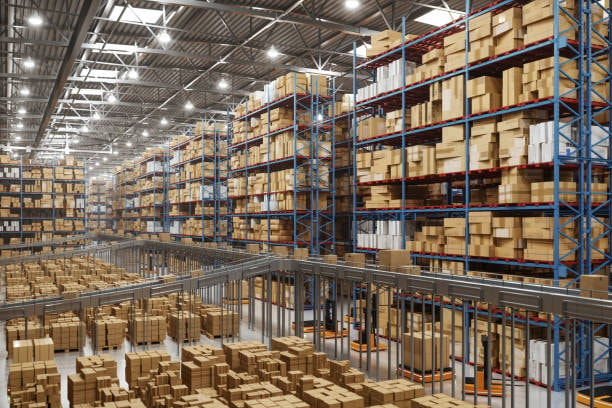
Mutual recognition agreements help countries’ customs services recognize each other’s inspection results which may help avoid having goods examined multiple times. These deals mostly work for manufacturers who wish to sell goods to various countries recognized by participating customs authorities.
Technology Solutions for Customs Compliance
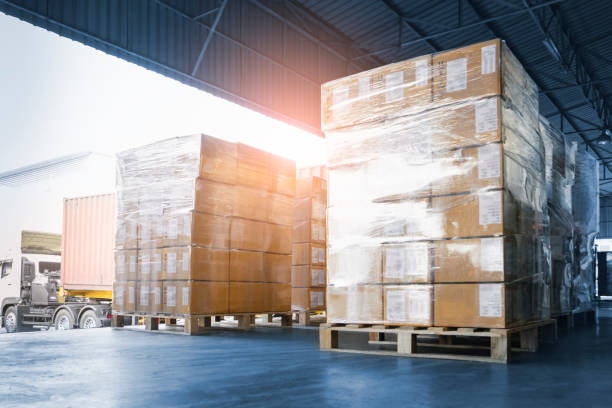
Automated systems make it easy for shippers to find the right classification code which reduces the chance of customs holds due to mistakes. Thanks to product databases and AI, they are able to suggest classes that match what is written in the product description.
While using electronic payment methods, duties and fees are paid once customs assessments are done. They get rid of delays found in other payment methods and instantly confirm each payment to the customs officials.
With such platforms, you can see where the shipment is at customs and track the whole process from loading to final delivery. They allow companies to expect customs issues and tell their customers when their orders will arrive.
Legal Rights and Recourse Options
A company or person who has products held up or duty amount set by customs has the right to appeal those decisions. Generally, these appeals should be submitted within particular deadlines and backed up with useful documents and arguments.
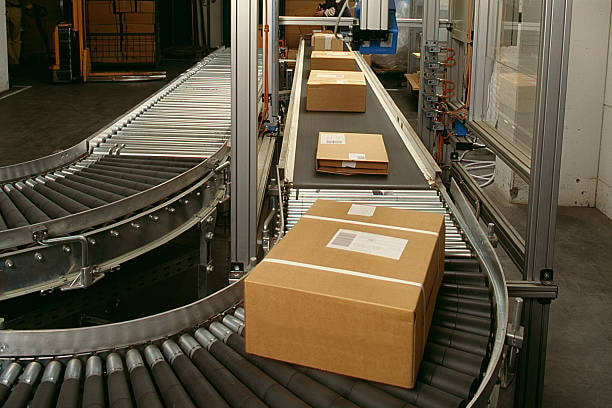
Through an administrative review process, importers can try to change customs decisions inside the agency before taking legal action. They are usually shorter and less expensive than litigation and they give those with good reasons a way to seek redress.
Getting legal advice might be needed when customs disputes are important or when a business has faced many compliance issues previously. A customs law specialist may guide you on following the law and assist you if you are in a dispute with customs authorities.
Insurance and Risk Management
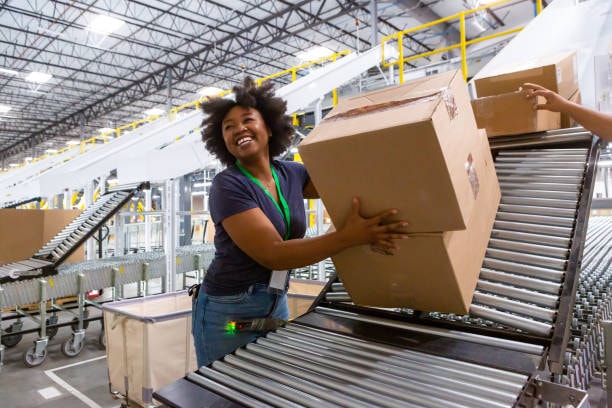
Seizing the package, long delays and mishandling of imported goods during customs examinations are some of the situations when shipping insurance can help. It is most important to have this insurance when the goods transported are valuable or fragile.
They use risk assessment tools to discover any problems related to customs before starting their shipments and thus can handle everything in advance. They analyze points such as the requirements of the destination country, qualities of the goods, and how well the product has done in the past, including issues related to delivery duty unpaid.
It is important to include dealing with customs delays, any extra expenses and package confiscation in your contingency plan. If you have procedures in place, you’ll experience less stress and your actions will be efficient when dealing with customs problems.
Cost Implications of Customs Delays
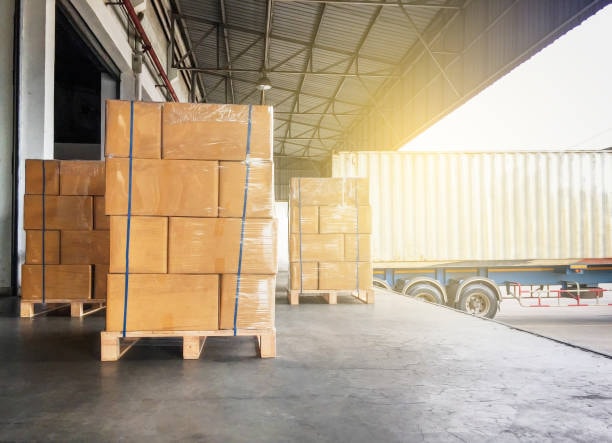
When items stay in customs facilities for a long time, the fees charged by the authorities can easily add up. Although these fees are not too high in the beginning, they often increase with time if you have a large or heavy package.
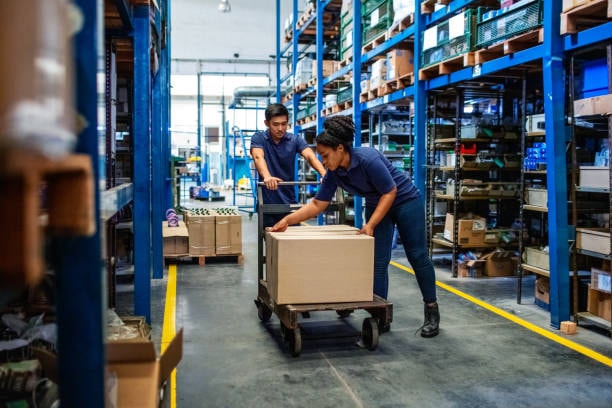
The costs of delays can be quite high for important shipments like business stocks, products for health systems or items meant for special events. Certain costs such as these, are often larger than direct expenses but hard to count with exact numbers.
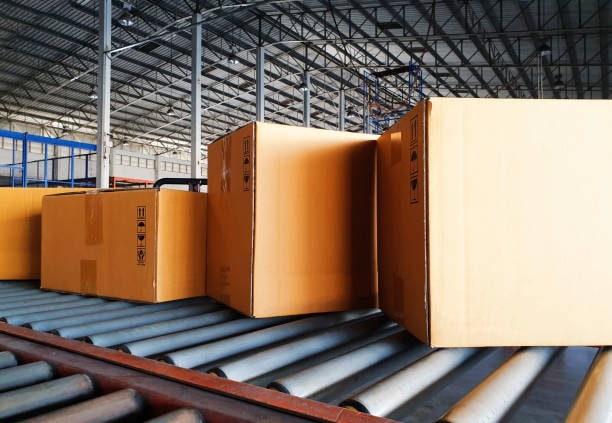
Sending returned packages to their original countries may require more shipping expenses if there are customs problems. Ordinarily, the person who shipped the item is required to pay for return shipping and this may be more expensive than the original shipment, depending on the package’s size and its destination.
Business Impact of Customs Issues
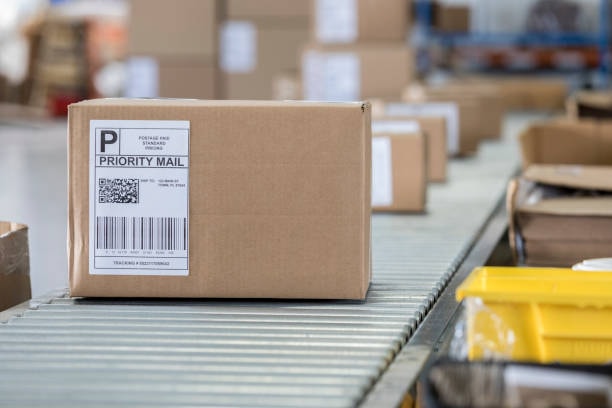
If a package takes a long time to be cleared by customs, customers can become dissatisfied, especially with stores that use e-commerce as a main platform. Slow delivery may cause customers to complain about your service, ask for refunds and choose not to use your products again.
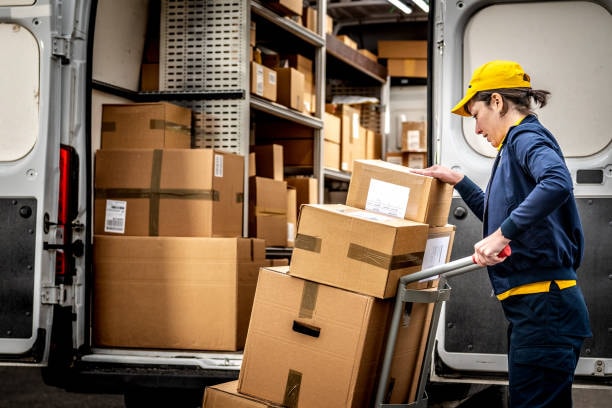
More challenges in inventory happen when there are unplanned delays at customs. Firms need to hold larger safety inventory to handle possible delays which increases costs and makes work capital requirements higher.
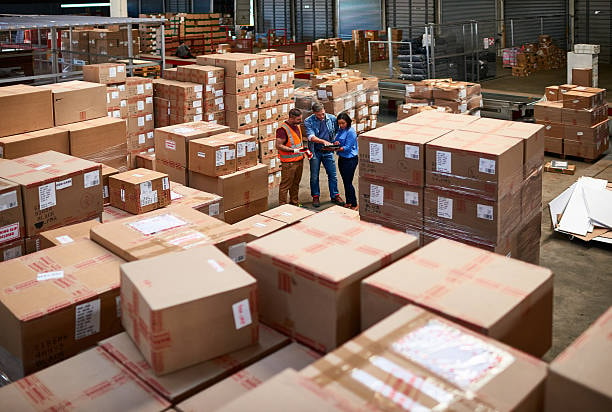
The delay of customs holds can cause a big impact on the company’s cash flow when it comes to imports. Dealing with cash flow could mean that businesses seek differing financing or vary agreement terms with their suppliers while waiting for customs processing to finish, especially when countries impose taxes on imports .
Future Trends in Customs Processing
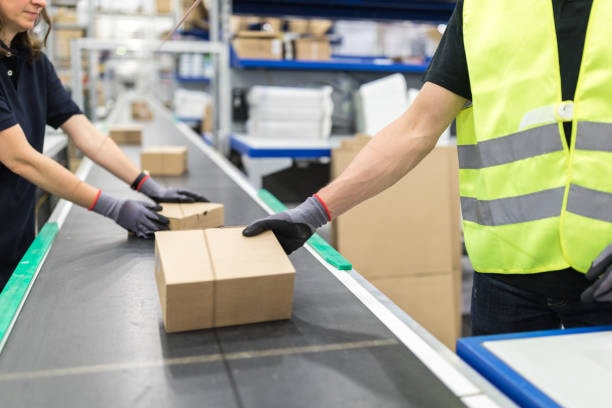
Around the world, customs authorities are applying artificial intelligence and machine learning to boost how effective and efficient they are. With these innovations, packages with potential risks are recognized faster, so the clearance of regular shipments is made easier.
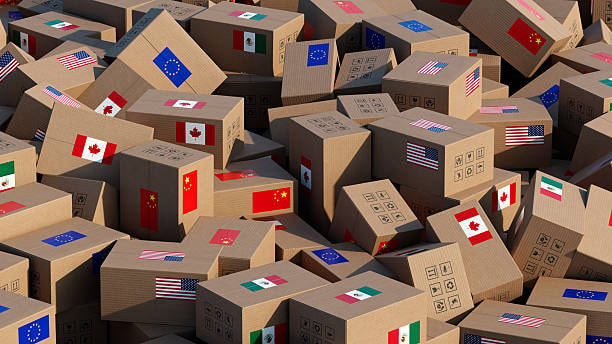
It has the capacity to improve how transparent the supply chain is and how well customs documents are made. Since distributed ledgers are secure, records about where products are made, who holds them and quality regulations can be maintained in the supply chain.
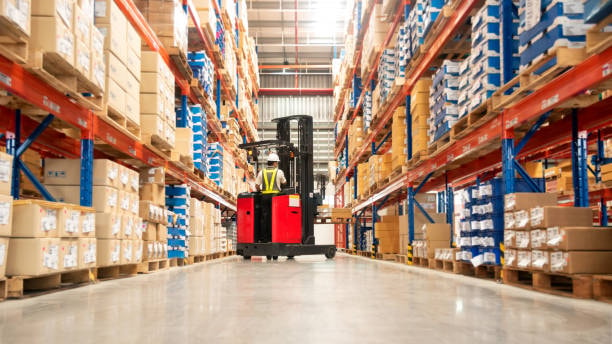
Cooperation efforts focus on making customs easier across countries, allowing valid trade and upholding required safety levels. Some of these initiatives are shared recognition of inspections, cooperation on inspections and systems for sharing intelligence that advantage every participating country.
Best Practices for International Shippers
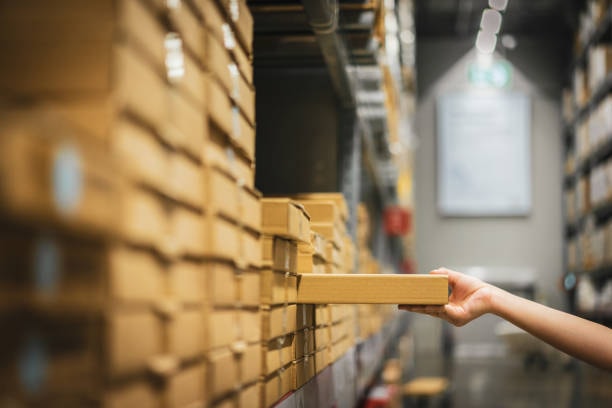
Good documentation makes it less likely that your goods will be held up by customs. Every shipper should spend time on understanding the rules of the country of destination and ensure the documents for each shipment are accurate and complete missing or incorrect paperwork.
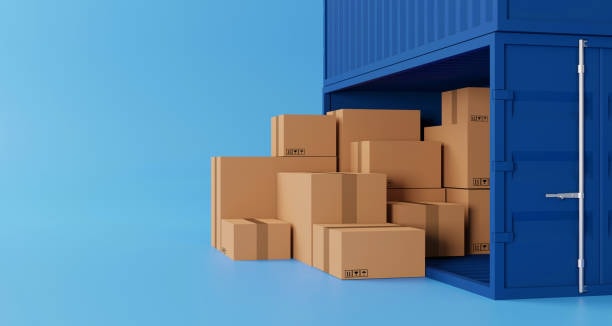
Sharing information with brokers, carriers and local authorities can tell you about the conditions at your destination and anything that might come up considerable customs headaches. These relationships are very helpful when issues need to be dealt with rapidly import regulations.
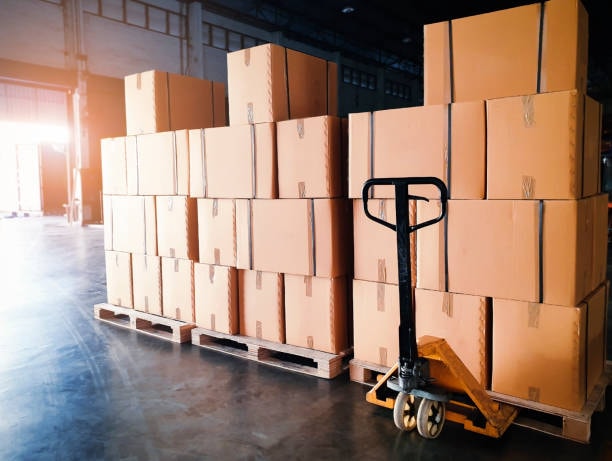
Always keeping up to date with customs rules allows shipping companies to continue complying with changes courier service. Because regulations may be updated regularly, gaining knowledge can help to stop mistakes and fines slow and stressful process.
Communication Strategies During Customs Delays

When you inform customers about delays, you will maintain a good relationship with them pay customs. Bringing news of package status and when it will be resolved shows an effort to keep customers informed and happy missing paperwork.
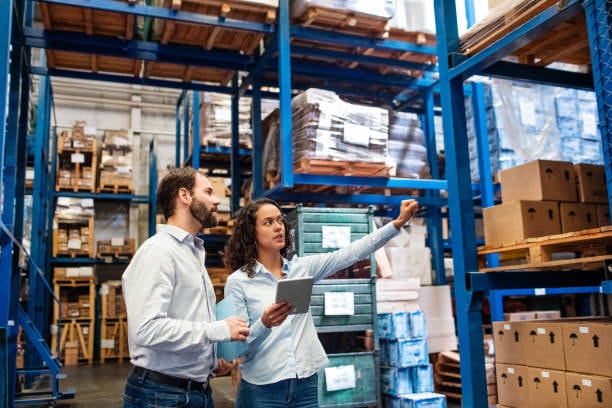
Appropriate handling of customs matters is guaranteed with proper procedures for notifying the right people customs officer. Creating these paths for escalation shortens the time taken to respond and increases the chances of a successful resolution to difficult problems local customs office.
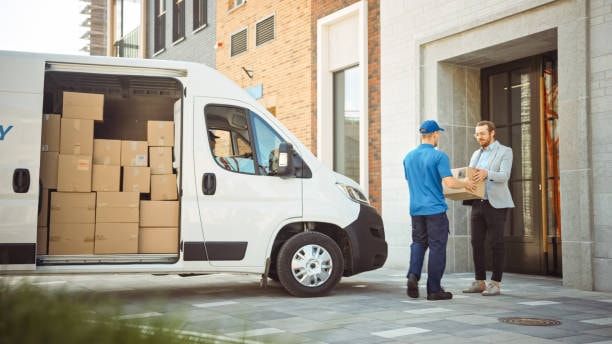
All the documentation of your interactions with customs, shipping companies and other entities helps in resolving conflicts and is useful for future advice. Retaining full information about communications allows you to notice trends and enhance your future shipping efforts.
Regional Customs Variations and Considerations
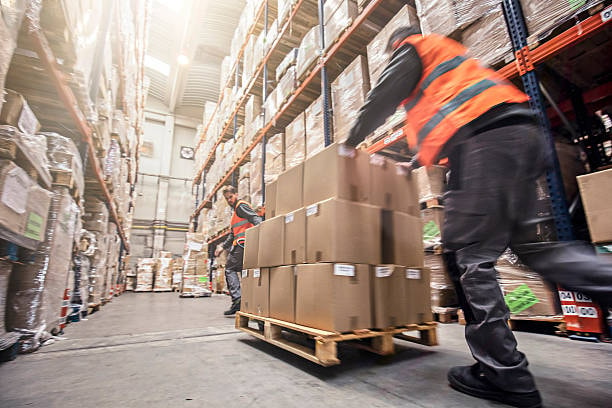
Security measures and following rules of North America’s trade agreements, mainly those of the NAFTA/USMCA, are core aspects of customs procedures. Shipments in North America are usually handled faster thanks to regional trade agreements package stuck.
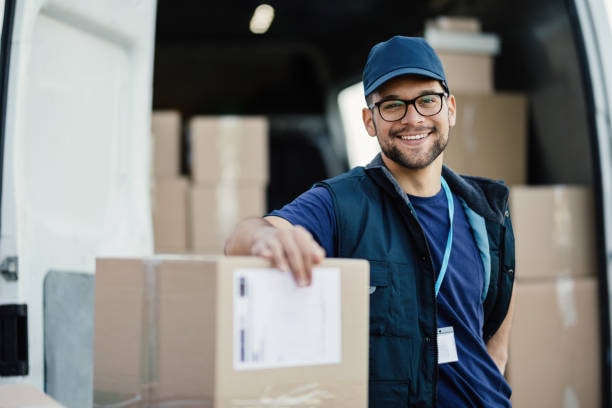
Every country’s customs department in South America has its own rules and rate of completion for documentation and processing. In some places in the region, customs agents use advanced technology, but in others, clearance takes longer because they stick to manual documents customs clearance process.
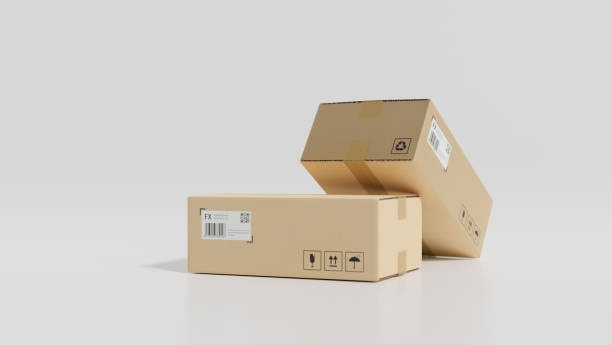
The way countries in Africa handle customs procedures is not the same; some have modern systems, while others stick to traditional methods. Knowing the regulations for each country is very important for shipping success in Africa.
Phần kết luận
Dealing with customs delays during international shipping becomes easier when shippers are well-prepared, provide accurate paperwork and keep everyone informed. Realizing the customs procedures, possible reasons for delays and remedy options enables shippers to deal with challenges quickly customs paperwork. To be successful in international shipping, it is necessary to regularly comply with regulations, work closely with your partners and ensure proper documentation is in place to get used to new customs requirements everywhere.


Thank you for reading!
Have questions, corrections, or better ideas? We’d love to hear from you!
We value every piece of feedback and promise to reply within 24 hours. Let's make this guide better together!
Note: Spam comments will not be published.